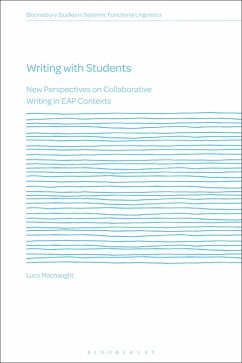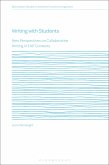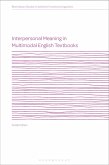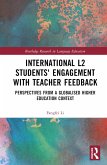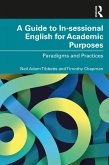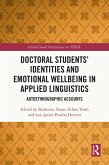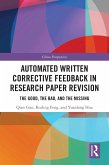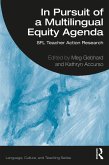Beginning with a review of the theory and pedagogic practices that have been influential in English for Academic Purposes (EAP) contexts, this book examines the practice of joint construction in a genre-based approach to literacy pedagogy. It investigates how teachers guide students to co-construct a text, drawing attention to the contested rationale for teachers taking a leading role when writing collaboratively with their students.
Informed by systemic functional linguistics, the book puts forward an accessible approach to the analysis of classroom discourse that centres on the dynamic mediation of meaning. Through examples of classroom interaction involving international students who are studying EAP, and specifically as preparation for university entrance, it illuminates how classroom metalanguage and the organisation of classroom talk enables teachers to guide but not provide wording; metalanguage also enables students to critique and justify their choices as they 'try out' new academic language, modify and improve their writing.
Informed by systemic functional linguistics, the book puts forward an accessible approach to the analysis of classroom discourse that centres on the dynamic mediation of meaning. Through examples of classroom interaction involving international students who are studying EAP, and specifically as preparation for university entrance, it illuminates how classroom metalanguage and the organisation of classroom talk enables teachers to guide but not provide wording; metalanguage also enables students to critique and justify their choices as they 'try out' new academic language, modify and improve their writing.

